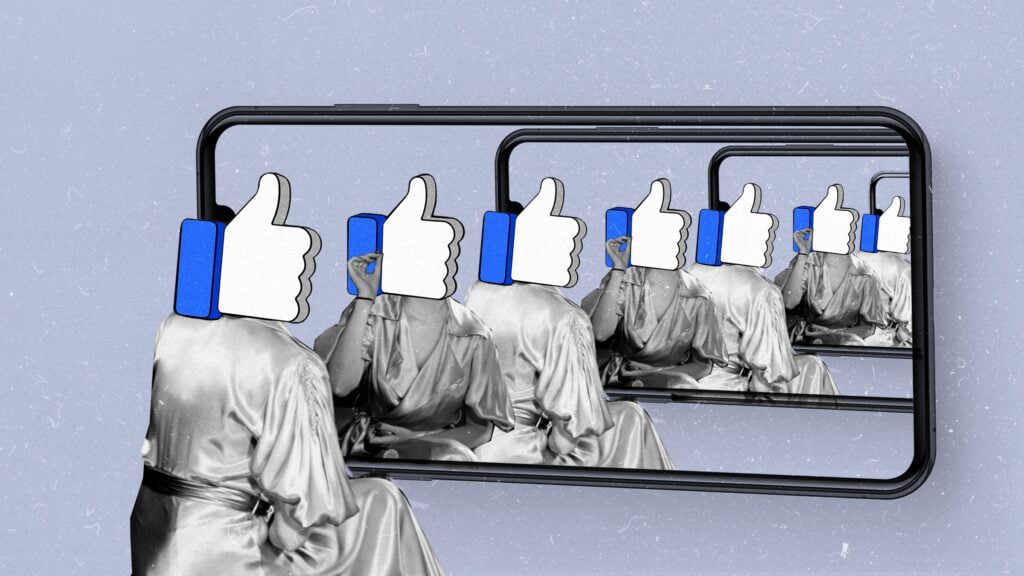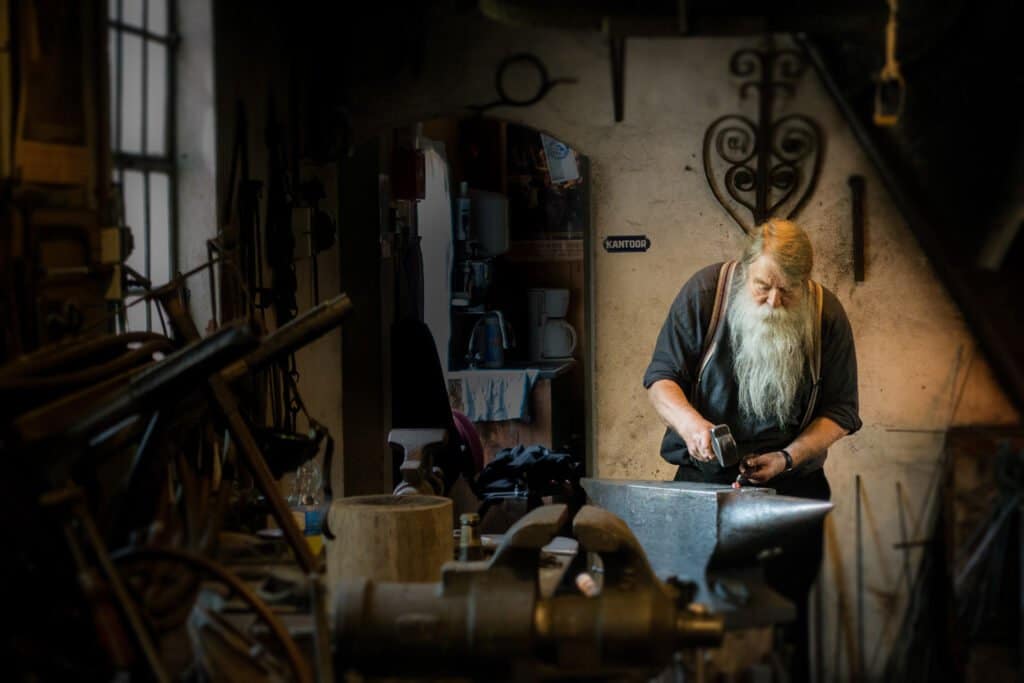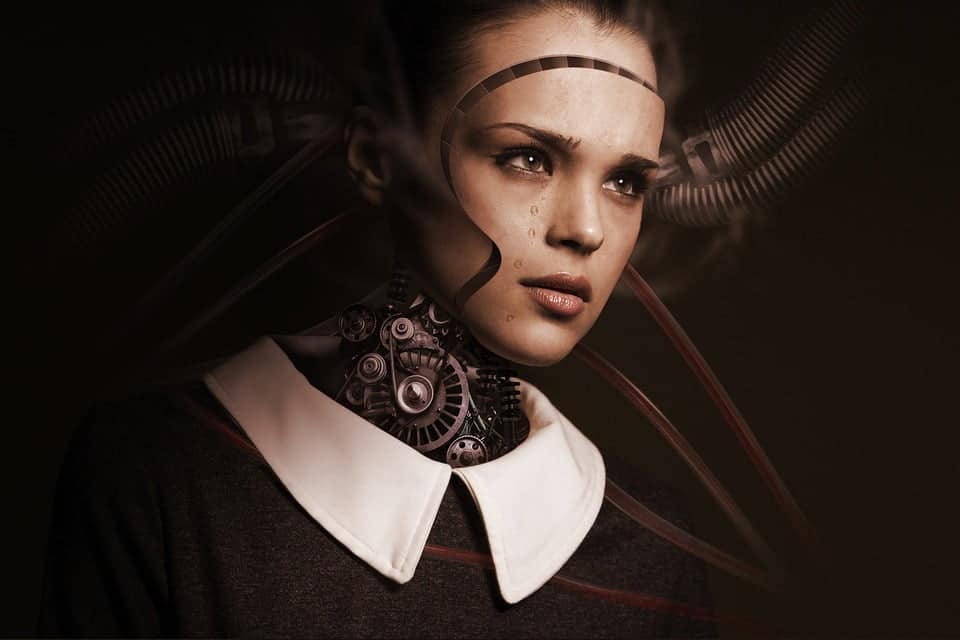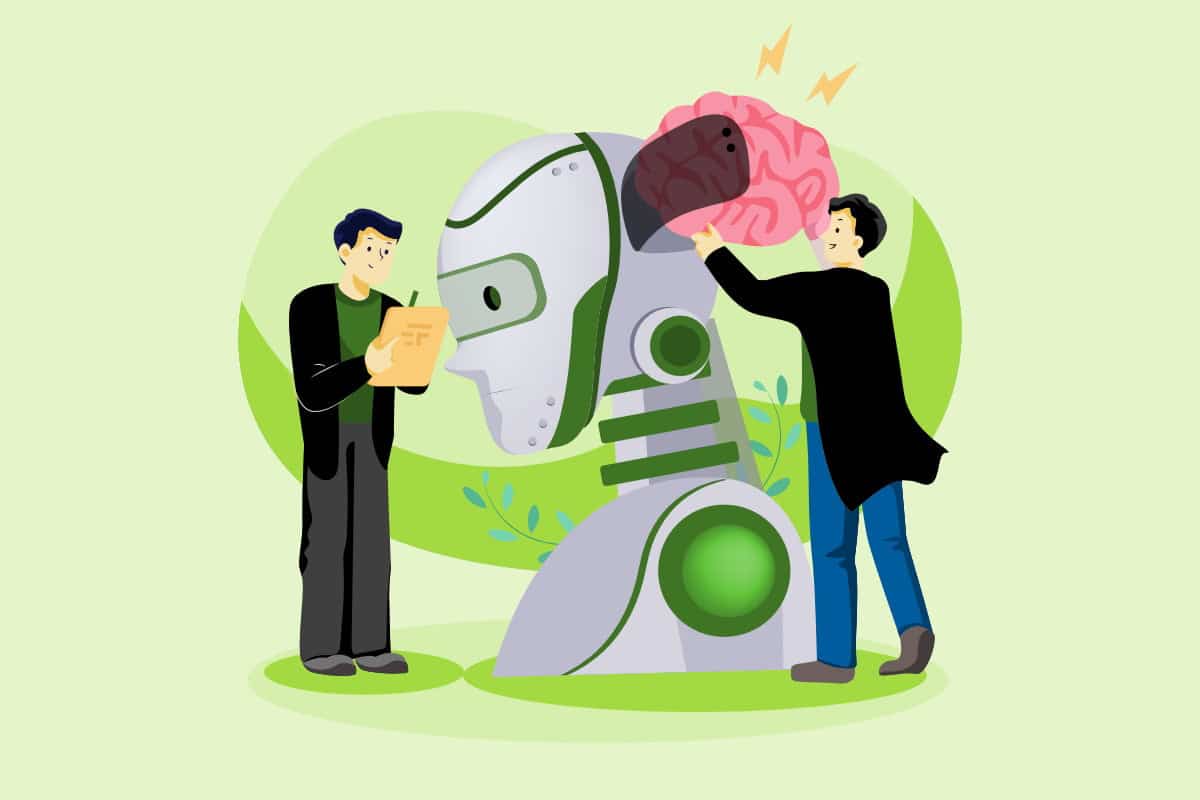Futuroprossimo.it is increasingly visited. I'm happy about it, even if I'm a little afraid of polarizations: I feel pulled by the jacket by both techno-pessimists and techno-optimists. This blog tells the story of the Future, and therefore it tells good things and bad things: anyone who would like me to take a position is greatly mistaken. How you do it? How do you decide whether, collectively, the future is to be embraced or fought? Can not be done.
On the other hand, the debate between techno-pessimists and techno-optimists has been going on for centuries. When 19th-century English textile workers, the so-called Luddites, vandalized the first automatic loom, they started a movement to oppose the technology and its power to destroy jobs. Techno-optimists, however, insist that more and more new jobs will ultimately be created. It is true? And above all: will it be true this time?
An automatic world, a different world
What is certain is that the AI has already profoundly changed the way we live and work. It used to be a topic for science fiction writers, now it's part of our daily life. It shapes our buying decisions, our political views and the relationships we form. To the point that sometimes it is not clear if we are the ones who model and drive the cars, or if we are guided and modeled by them.
How can we be happy humans in an automatic world? A world increasingly built by (and for) machines?
Change to resist, change to survive
The themes of the techno-optimists are different: the first is that technology has always created more jobs than it has destroyed. The second one is that AI can help improve all jobs by eliminating the most boring and repetitive tasks: the third is that AI and humans collaborate much more than they compete. Fourth is that, since human needs are unlimited, we will always find new jobs, even those that cannot yet be imagined. All these issues must be analyzed with caution.
1) Technology has always created more jobs than it has destroyed.
This is not necessarily the case. If you think about the first industrial revolutions, you will see that it generally took decades for workers to have good jobs and decent working conditions. History suggests that periods of technological change often improve conditions for elites and capital owners, but workers do not always benefit in the short term. From the start of the Industrial Revolution in 1760, British corporate profits increased almost immediately, but it took more than 50 years for the real wages of British workers to rise. Artificial intelligence and the automated world will also tend to affect those in low-income jobs, amplifying existing gender, social and racial inequalities.
2) AI can help improve all jobs by eliminating the most boring and repetitive tasks.
It is not automatic that this is the case. There will certainly be a lot of “liberating” automation. But there is some evidence that AI can also make work much worse for some. Boring jobs, paradoxically, increase stress at work. Why? In addition to removing hard physical work, automation can take away the fun, “stealing” from humans parts of the jobs that workers actually enjoy.
3) AI and humans collaborate much more than they compete.
It is not automatic that this is the case. Twenty years ago the chess champion Gary Kasparov said one thing right: a “mixed” computer-human team would beat any artificial intelligence. Not today. Today the best AI can beat any "mixed" team. And in a “mixed” computer-human team, guess who is often the dead weight? Who knows if the matter will remain confined to chess alone.
4) We will always find new jobs, even those we do not imagine now.
Neither. Even this is not automatic that this is the case. There are many problems related to “new jobs”. There could be, of course, but perhaps linked to different geographical areas, or in any case concern people with different backgrounds. In summary, the fact that there will be new jobs does not mean that the currently unemployed will find their jobs again. And then even the new jobs could be underpaid.
6 "human" rules for competing in an automatic world
What is the key to survival in a world in which an algorithm can decide a lot? And when I say "a lot" I mean "from those who have to get a loan up to the maintenance of our very social fabric (sparking social brawls to make money, any reference to facts or companies is purely intentional). The key in an automatic world is, of course, to do more training to keep up, but this can be done up to a certain point. Artificial intelligence will very soon surpass the ability of individuals (and I believe also of many large groups, as well as companies) to understand and program it. Rather, it will be necessary to specialize as much as possible in the human characteristics that artificial intelligence cannot yet replicate, and perhaps will never be able to replicate. Here are some tips, inspired by reading a great techno optimist who has now become a "techno brooding": Kevin Rose.
Managing bonds with others, improvisation and uncertainties

We are much better at handling surprises and operating in environments with little information and a lot of uncertainty. The "common sense" and resourcefulness can make us efficient even with poorly defined rules. We need to cultivate this difference. We are social beings who seek relationships with each other. The skills we need to develop consist of connecting with others, combining things creatively (math and zoology, graphics and popular music) and generating emotional experiences.
Resist the urge to become machines

The threat of an automatic world is not just external. There is also the threat that our inner world will become “automatic”. Our nomofobia, for example, or the tendency to listen only to our "bubble" of friends and ideas, perhaps suggested by an algorithm. We must work on autonomy, and take back some choices without delegating everything to filters and search engines. Choose. Maybe even things that are not convenient, or wrong, but do it yourself.
Devices, even less

To cure our device addiction, we need to find regularity away from screens. Starting, for example, with stopping "phubbing", snubbing the people who are with us, instead of looking at the phone. Recent studies show that this behavior makes it more difficult to have pleasant experiences with others. Downgrading our devices doesn't mean eliminating them, it just means preventing them from controlling us. Life is what we pay attention to.
Leave a footprint

In the automatic world of artificial intelligence, the hurry it is counterproductive: we will never be able to overcome an algorithm. We need to refuse to compete with machines and focus on leaving a personal signature on what we do. Artists and craftsmen (if they manage not to succumb to generative design) have a greater chance of success in the future of work. The human footprint will greatly increase the perceived value of the work. Invest in yourself, and invest in craftsmanship.
Don't get managed

One thing to keep in mind to resist the automatic world: as far as possible, avoid being run by a machine. On the one hand, there are “assisted jobs by a machine” in which workers are simply supported by machines. On another, there are “jobs managed from the car" . The difference may be subtle, but you definitely see it. These are jobs where humans are simply stopgaps. If you are run by machines, you are probably also producing the data that will help those machines replace you. Uber employees, Amazon warehouse workers: I love you, you are very useful, but alas. You already know.
Building large and small networks

Great networks are large-scale programs and policies that support people in an automatic world of uncertainty and transitions. Unemployment benefits such as citizen's income, public healthcare, UBI (universal basic income) are "big networks". Small networks are local structures of people who support each other. They serve like bread, both. If you are not a legislator (and you don't already have signed for the European basic income proposal) dedicate yourself to others.
The new humanism will be learning to direct attention. It will be learning to eliminate external distractions, to read the atmosphere of a room, the emotional climate. The new humanism will be to develop the ability to meditate, breathe and rest, because this increases creativity.


